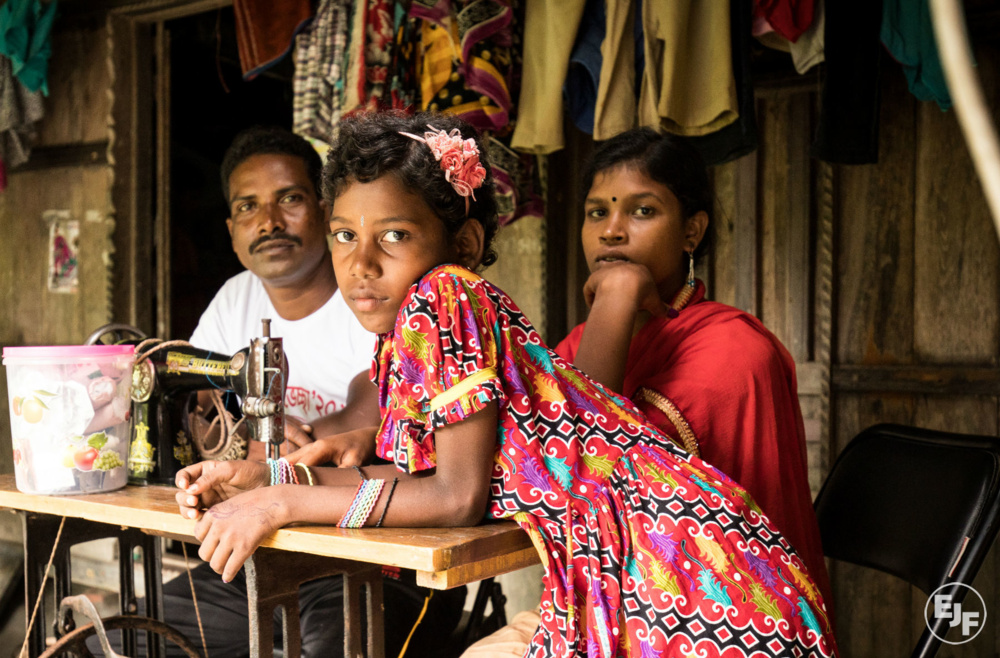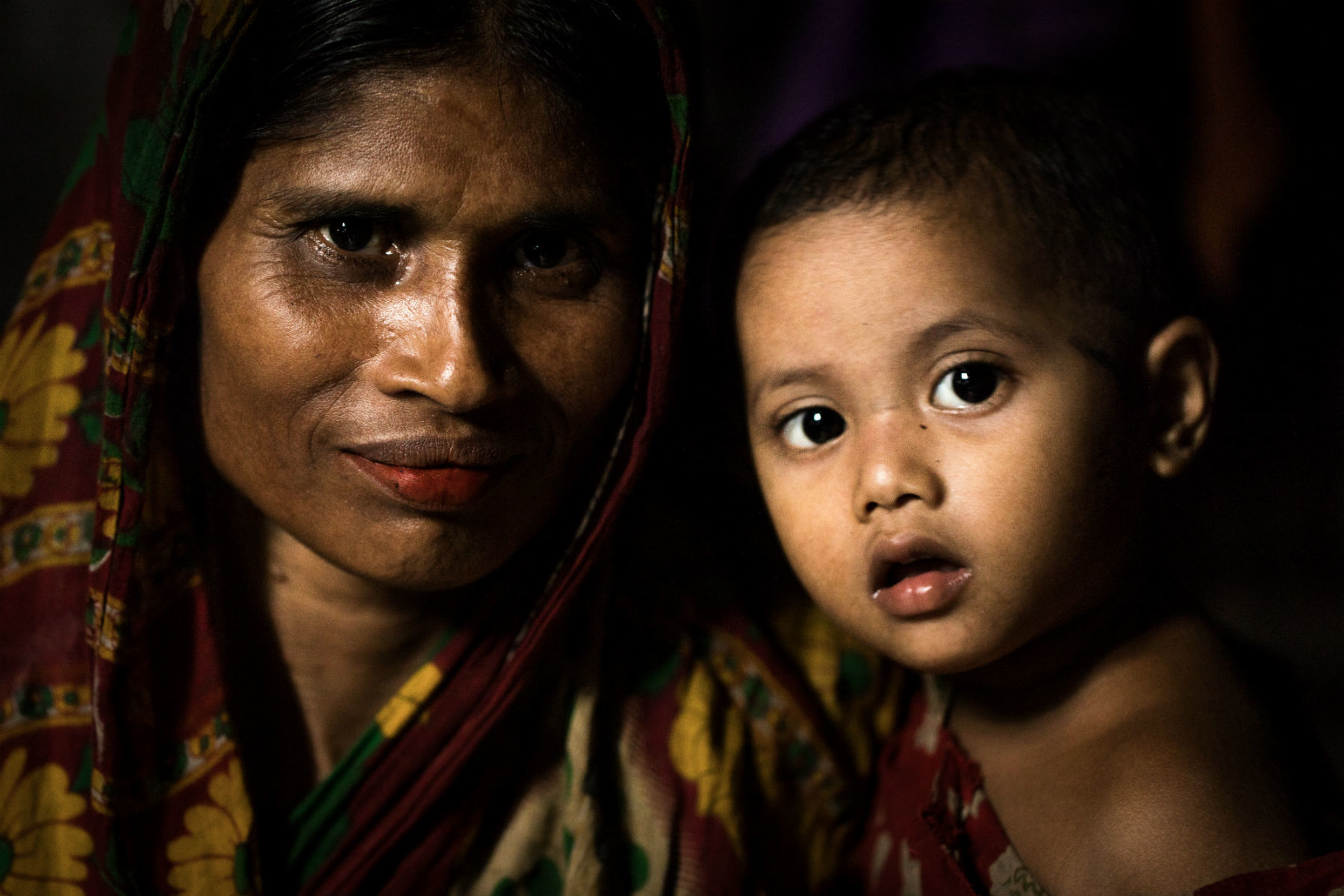
Climate change and human rights came together in Bonn; now they must stay together
The UN Climate Change Conference 2017, COP23, is about to end and the world is looking to the German city of Bonn, where under Fiji’s presidency decision-makers from around the world discuss how to realise the Paris Agreement’s goals. Apart from climate change mitigation, the protection of climate refugees has been one of the hotly discussed topics at the summit.
Shortly before the COP23 started, the Environmental Justice Foundation published a report, Beyond Borders, in which we outlined the link between climate change, forced migration and conflicts. Oxfam also highlighted the relevance to regard climate change as a human rights issue and noted in its new paper that people in developing countries have a 500% higher risk of being threatened by weather extremes caused by climate change than those in industrialised nations. Both Oxfam and EJF highlight the need for international protection for climate refugees.
Germany has become a major player when it comes to agenda setting on climate change, mitigation and forced migration. Before this year’s parliamentary election in Germany, EJF asked major political parties what their position was on climate change and forced migration. All parties responded that they will take the protection of those being forced to flee from their homes because of the climate change very seriously.
However, it is not only people in politics and environmental groups in Germany who are discussing climate change as a human rights issue; it is also scientists, universities and think tanks working increasingly on this topic. During the COP23, the well-respected director of the Potsdam Institute for Climate Impact Research and advisor to the Federal Government, Hans Joachim Schellnhuber, said that the world is in need of an international solution for those who will be forced to leave their homes behind due to the effects of the climate change.
Hamburg-based academic Cord Jakobeit meanwhile highlighted that when studying forced (climate) migration, multiple factors need to be taken into account. He argued that the exact impact of climate change on forced migration is hard to measure, but that climate change can act as “risk multiplier”, having considerable impacts on global problems and crises that can lead to forced migration.
EJF's new report and film, both titled Beyond Borders, take up these discussions and looks into the relationship between climate change, forced migration and conflict. Similar to many scientists’ findings, the report concludes that climate change can quickly become a threat multiplier causing droughts, extreme weather events and that it can exacerbate global problems and conflicts.
What has become clear in Bonn is that we need to use a clear, science-based language when discussing the issue of climate change and forced migration.
It is a positive sign that political decision-makers, academia, think tanks and NGOs in Germany and beyond used the COP23 as a platform to finally start the discussion of the human rights aspects of climate change.
What the world now needs however is concrete action by the Federal Government, the European Union, the United Nations and further international bodies. EJF believes climate change needs to be addressed as a human rights issue. As millions are forced to flee from their homes, legal protection for those suffering must be urgently agreed and implemented.
SIGN UP FOR OUR EMAILS AND STAY UP TO DATE WITH EJF
